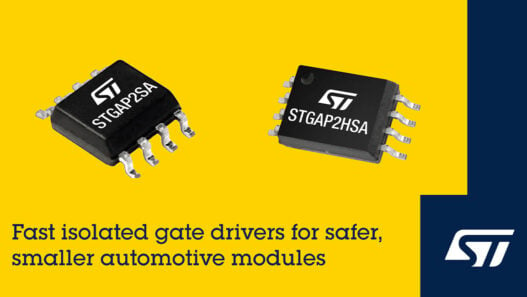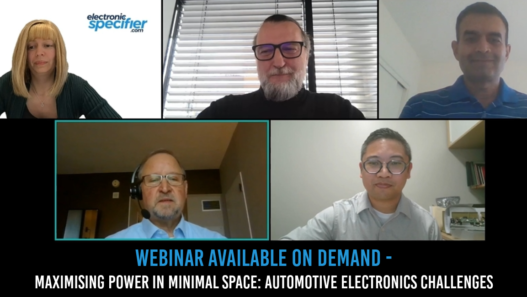With many customer and independent test facilities temporarily closed due to the implementation of local, regional and national lockdowns associated with the control of the COVID-19 pandemic, Ricardo’s ‘digital-first’ strategy is enabling the company’s advanced emissions test and certification facilities to offer an extremely valuable continued service to clients.
Through the virtual vehicle certification service, both customers and independent witnessing bodies are able to observe tests and to validate quality checks that replicate processes – such as checking tyre pressures – which would usually be done in person.
This enables the witnessing body and client representatives to participate fully in the test and certification via a secure connection, thus removing the need to travel. The client merely needs to arrange shipping of the vehicle to the Ricardo test facility; all other interactions throughout the test and certification process are conducted remotely.
The first virtual certification tests were carried out in March 2020 on behalf of a British automaker, and independently witnessed by a European agency. Further tests are now being planned for a wide range of clients and independent witnessing authorities, focusing on both complete vehicle certification and e-machine certification, to be executed remotely via Ricardo’s UK technical centres at Shoreham, West Sussex, and at Leamington Spa in the Midlands.
In addition to providing a means for customers to maintain a throughput of crucial vehicle test and certification work during the Coronavirus crisis, the process has significant advantages that are likely to endure beyond the current lockdowns. As a result of completing the review of the facility, the required adherence to test protocols and the resultant overall data pack required for any certification test activity, it has been possible to identify significant elements that can be completed remotely and in advance of testing.
Even in more normal circumstances, this new approach may be particularly attractive both to customers and to witnessing authorities, particularly where the additional flexibility might be of value due to time restrictions or schedule congestion. As such, the virtual vehicle certification service is likely to be attractive to clients after the present restrictions are lifted, particularly for those located at distance from test facilities and in different time zones.
In addition to the new capability for virtual vehicle certification, the remote accessibility of the Ricardo vehicle emissions test facilities is proving extremely attractive to customers for more general test operations. With customer sites necessarily closed for reasons of social distancing, the configuration of Ricardo facilities enables work to continue safely and efficiently for all concerned.
“Over recent weeks, there have been a large number of temporary site closures across the automotive sector in compliance with regional and national lockdown regulations aimed at tackling the Coronavirus crisis,” commented Ricardo Test Operations Director Richard Murphy.
“Through our investment in remote testing capabilities, Ricardo has been able to quickly adapt our processes in order to be able to deliver business-critical testing requirements for our global customer base during this unprecedented lockdown period. This digital-first approach protects our workforce as well as those of the customer and independent witnessing body, while enabling much-needed emissions testing and certification to continue efficiently and effectively.”







